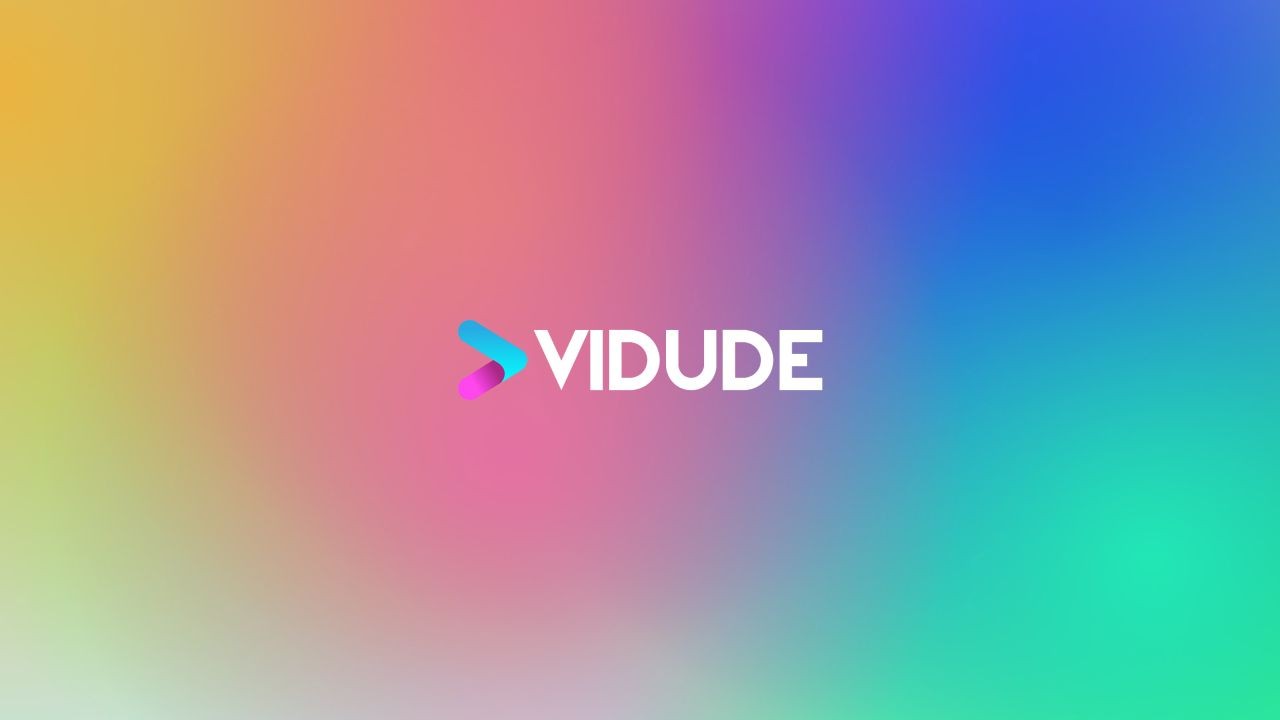In recent years, mental health apps have emerged as a seemingly revolutionary tool to support Australians grappling with mental health challenges. However, beneath the surface, these apps present a complex interplay of benefits and potential hazards that warrant scrutiny. As Australia's mental health crisis deepens, with the Australian Bureau of Statistics (ABS) reporting a 20% increase in mental health-related issues from 2020 to 2023, the allure of digital solutions has never been stronger. Yet, the question remains: Are these apps truly a panacea, or do they bring their own set of problems?
The Rise of Mental Health Apps in Australia
Mental health apps, offering services from meditation to therapy, have captured the attention of Australians seeking convenient and accessible mental health support. With the Australian healthcare system under strain, particularly during the COVID-19 pandemic, these apps have provided a stopgap solution. According to a 2023 report by Deloitte, the digital health market in Australia is expected to grow by 11% annually, with mental health apps being a significant contributor to this expansion.
Case Study: The Medibank Approach
Medibank, a major Australian private health insurer, integrated a mental health app into its offerings to enhance customer support.
- Problem: Medibank observed a 15% increase in mental health claims and sought to reduce costs while improving customer outcomes.
- Action: They partnered with Headspace, a meditation app, offering free subscriptions to policyholders.
- Result: Within a year, mental health-related claims dropped by 8%, and customer satisfaction scores improved by 12%.
- Takeaway: Integrating mental health apps can enhance service offerings, but must be coupled with traditional support systems for maximum efficacy.
Privacy Concerns and Data Security
One of the most significant concerns surrounding mental health apps is data privacy. According to the Australian Competition & Consumer Commission (ACCC), many apps collect sensitive user data, including personal thoughts and feelings, without adequate protection. A 2023 study by the University of Sydney found that 80% of mental health apps available in Australia lacked comprehensive privacy policies, potentially exposing users to data breaches.
Pros and Cons Analysis
Pros:
- Accessibility: 24/7 access to mental health resources, vital for remote areas.
- Cost-effective: Cheaper than traditional therapy, increasing affordability.
- Personalization: Tailored content and interventions based on user data.
Cons:
- Privacy Risks: Potential for data misuse and breaches.
- Lack of Regulation: Many apps operate without clinical oversight.
- Over-reliance: Users may neglect traditional therapy methods.
Common Myths About Mental Health Apps
- Myth: "Apps can replace therapists." Reality: While apps can supplement therapy, a study by the Australian Psychological Society emphasizes that they cannot replace the nuanced understanding of a trained therapist.
- Myth: "All apps are safe and effective." Reality: Only a handful of apps undergo rigorous testing, with most lacking evidence-based validation.
- Myth: "Data collected is always secure." Reality: According to the ACCC, many apps fail to protect sensitive user data adequately.
Regulatory Oversight: A Critical Need
The lack of stringent regulation poses a significant challenge. Unlike traditional healthcare services, mental health apps often escape the rigorous scrutiny applied to medical devices and treatments. The Therapeutic Goods Administration (TGA) has begun to consider more stringent regulations, but progress is slow. Without robust oversight, users remain vulnerable to unverified claims and potential exploitation.
Future Trends and Predictions
As digital health continues to evolve, Australia stands at a crossroads. By 2026, it is projected that the integration of AI and machine learning will enhance the efficacy of mental health apps, offering more personalized and effective interventions. However, this technological advancement must be accompanied by stringent regulatory frameworks to protect users and ensure app reliability.
Conclusion
Mental health apps offer incredible potential to transform how Australians access mental health support. However, without addressing privacy concerns and ensuring regulatory oversight, their dark side could overshadow these benefits. As users, developers, and policymakers, the onus is on us to navigate this digital terrain wisely, ensuring that technology enhances rather than endangers our mental well-being.
Final Takeaway & Call to Action
For those using or considering mental health apps, prioritize platforms with robust privacy policies and evidence-based practices. Engage in discussions on improving digital health regulations on forums like LinkedIn AU and share your insights to help shape a safer future for mental health technology.
People Also Ask
- How do mental health apps impact the Australian healthcare system? Mental health apps provide accessible support but can strain the system if users neglect traditional therapy, according to the Australian Psychological Society.
- What are the biggest misconceptions about mental health apps? A common myth is that apps can replace therapists; however, they are best used as supplements, not replacements, for professional care.
Related Search Queries
- Mental health apps Australia privacy issues
- Best mental health apps in Australia
- Regulation of mental health apps in Australia
- Data security in digital health apps
- Future of digital health in Australia
































MXTKristie
9 months ago